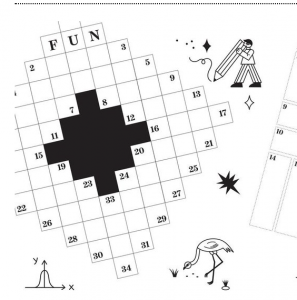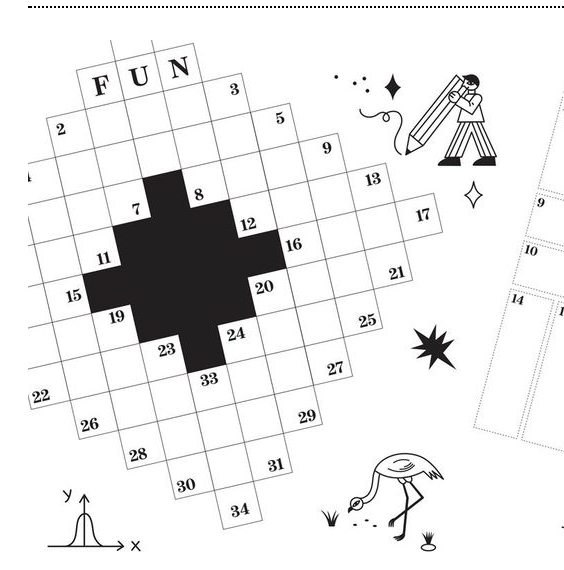 People have been challenging and testing their brains capacity since 3000 years BCE, when ancient Sumerians carved puzzles into stone tablets.(Like this one, for example:
People have been challenging and testing their brains capacity since 3000 years BCE, when ancient Sumerians carved puzzles into stone tablets.(Like this one, for example:
“There is a house. One enters it blind and comes out seeing. What is it?”).
Over time, we’ve created puzzles that test a variety of abilities—and we improved up the most popular structures to make them even more difficult. However as the trouble of brainteasers has evolved, so too has our desire to tap them for sweet rest from the ordinary.
Enjoy a little free time and escape to see how many of these you can break.
Players feel a little teen rush when the solution found. Studies also says that pleasure probably won’t be the main advantage to crosswords: Regular playing may help slow down memory loss and other signs of cerebral ageing.
107 years ago when a brand new newspaper in NEW York City published first crossword the readers weren’t so interested. But in time the audience got bigger and now involves hundreds of thousands of fans who play and try to solve the puzzle every day.
Maze
Three-dimensional labyrinths can cause us to feel as though there’s no way out. Even in 2D, a distracting point represents a special test to our navigational abilities.
If the road is quite circular even on paper, our hippocampus, which manages learning and memory, starts in overload to give meaning to the environment.
It uses visible signs – say a familiar familiar return – to help us clear the way from one end to the other.
Sudoku
You can give the answer to almost anything as long as there is a minimum of 17 numbers filled in at the beginning.Unlike crossword puzzles, these numerical networks require zero vocabulary skills as you only have to deal with numbers. While doing one day by day probably won’t transform you into an arithmetic marvel, a few studies have suggested that these sort of tasks can help keep your brain in shape.
Logic
For over 1100 years, rationale puzzles have revealed how well we can reason. Despite the fact that solving them can demand some tricky calculations, they involve once in a while some traditional arithmetics.
They also test less concrete skills like imagination and memory.

